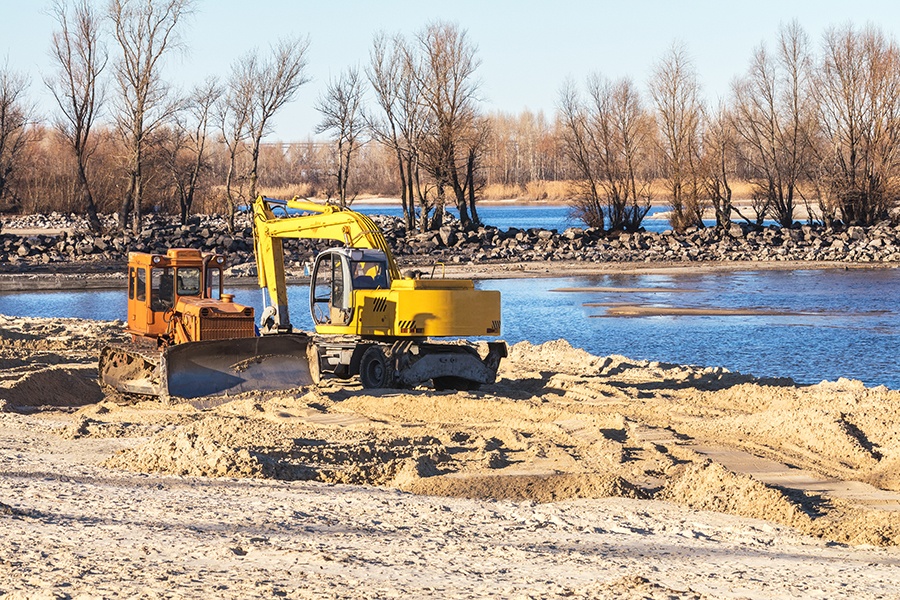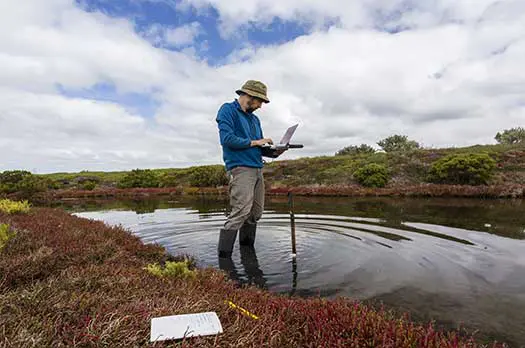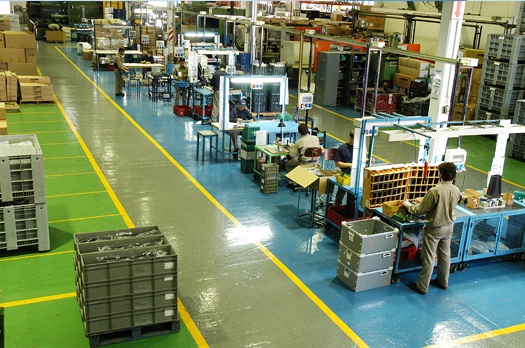Geotechnical Engineering
- RSB Environmental is the national leader in Environmental Site Assessments and Geotechnical services by volume.
- Fast and Affordable geotechnical soil studies, engineering analysis and pavement design recommendations by a licensed engineer.
- Overseen in accordance with industry norms and regulations, employing cutting-edge technology and methodologies to assure superior service.
- Comprehensive field soil testing, soil borings, laboratory soil testing and geotechnical engineering analysis completed by environmental professionals with a minimum 10-year's experience.
Request a free custom quote or call 1-833-910-2535














Reviews
WHAT OUR RECENT CLIENTS SAY ABOUT US
Sachin and his team at RSB Environmental are very helpful with our company’s environmental needs. Always courteous and informative in regards to our questions.
RSB Environmental is a great company, they are easy to work with and handle all our Environmental needs in a friendly professional way. I would recommend RSB Environmental for all your company’s environmental needs.
- High-rise Buildings
- Low-rise Commercial Buildings
- Schools
- Residential Subdivisions
- Shopping Centers
- Bridges
- Hospitals
- Roadways
- Utilities
- Ditch
- Lake


Our geotechnical investigations use a variety of site exploratory techniques including exploratory drilling, test excavations, and cone penetration testing.
All inspecting and testing is performed under the supervision of a professional engineer.
A typical geotechnical investigation or soil testing is conducted to provide data and parameters that could be used for the design and construction of foundations for the proposed building.
We offer efficient, reliable services in geotechnical drilling and engineering services, geotechnical design consulting, construction material testing and inspection. Let our experienced professionals evaluate your residential, commercial, industrial or public works project.
- Subsurface drilling and sampling suitable for conditions ranging from unconsolidated sediments to hard rock
- Comprehensive field soil and hydrology characterization methods
- Comprehensive soil and materials laboratory testing, following ASTM and other required standards

Our Service Areas
RSB has conducted Geotechnical Engineering projects nationwide.
Please feel free to call us at 1-833-910-2535 or email at info@rsbenv.com
to get a site specific price for your property.
Frequently Asked Questions
I'm planning a construction project. Why is it important to conduct tests on soils before starting the work?
Conducting tests on soils provides essential information about the ground’s properties and characteristics. Understanding aspects like soil density, strength, and consolidation can determine how the ground will support your structure. It ensures safety, longevity, and can also save on potential future costs by preventing structural issues that arise from unfavorable subsurface conditions.
We've heard about different soil types affecting building foundations. How do geotechnical engineers identify these types and their impact on structures?
Geotechnical engineers collect soil samples from various depths at the construction site. Through laboratory tests, they identify the type, size, and order of the soil particles present. These tests reveal properties such as strength, density, and consolidation potential. Based on the results, engineers can predict how these soil types might behave under the weight of a structure, guiding decisions about the foundation’s design and depth.
Can you explain what soil density means and why it's crucial for my project?
Soil density refers to the compactness of soil particles in a sample. It provides insights into how much load or pressure the soil can bear. A suitable soil density is crucial because it affects the stability of your structure. If the soil is too loose or has low density, it might lead to excessive settling or even structural failure. Knowing the density ensures that the foundation is designed to support the structure effectively.
I noticed technicians taking multiple samples at my construction site. Why is there a need for so many samples and tests?
Different depths and locations within a site can have varying soil characteristics. Multiple samples ensure a comprehensive understanding of the entire site’s subsurface conditions. It helps in identifying potential challenges, like varying soil strength or water tables. Testing multiple samples ensures accuracy, helps in making informed decisions, and mitigates risks during construction.
I received a report from the geotechnical engineers with a lot of test results. How do these results guide the construction work on my project?
The test results provide a detailed profile of the ground on which you plan to build. By understanding properties such as soil strength, density, and type, engineers can recommend the right type of foundation, its size, and depth. They might also offer insights on drainage needs, potential ground treatments, or even suggest alternative construction methods. Essentially, these results ensure your project is built on a strong and stable foundation, tailored to the site’s specific conditions.
Our Registrations and Certifications







Industrial Hygiene

Engineering

Safety

Environmental Compliance




